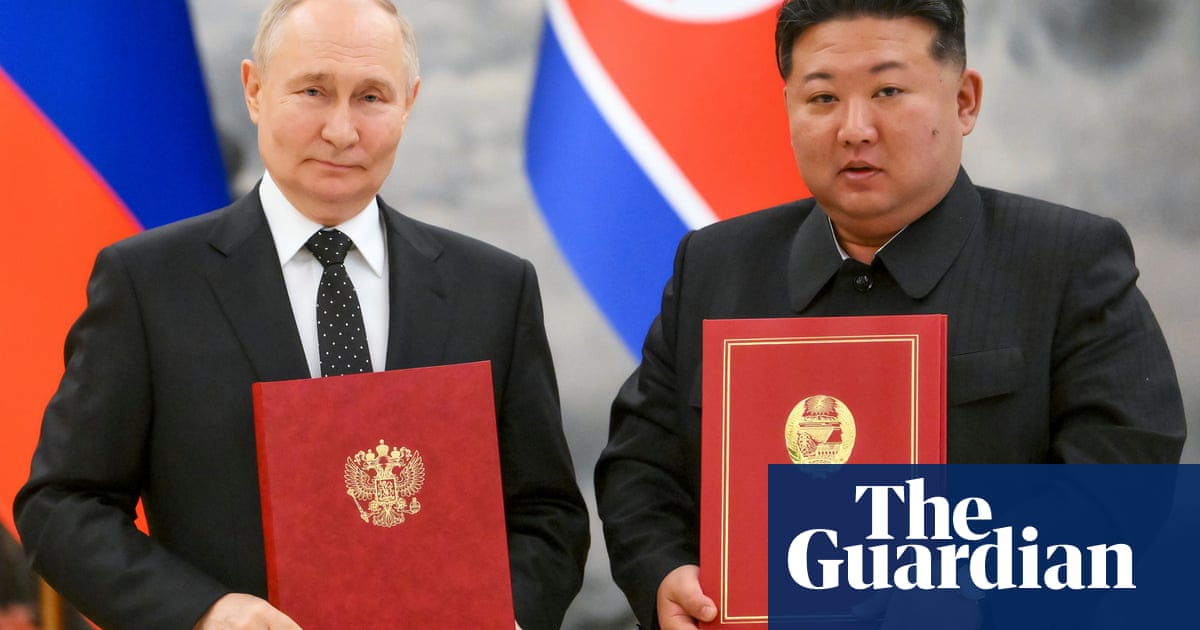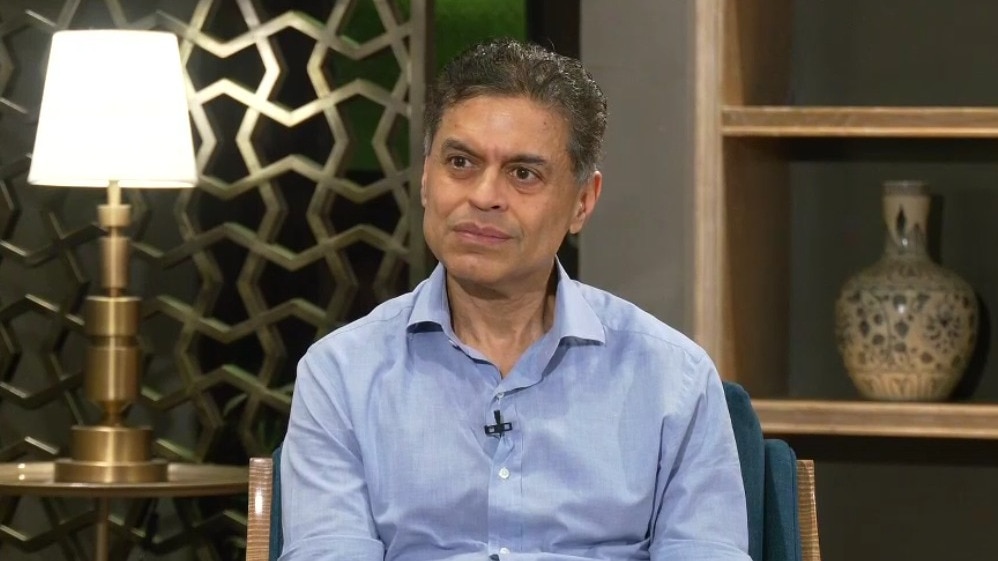Justin Trudeau went out on a limb to accuse India of a role in the killing of a Khalistani terrorist. He admitted there was intel but no evidence. The intelligence-to-evidence gap is a decades-old problem, stemming from Canadian police's excesses during the term of Trudeau's father, Pierre Trudeau.

At the root of Canada's intelligence-to-evidence problem is that the Royal Canadian Mounted Police (RCMP) does not have access to actionable intelligence. (Image: Getty)
For almost a year, Canadian Prime Minister Justin Trudeau climbed atop the highest towers and shouted that the Indian government was linked to the murder of Khalistani terrorist Hardeep Singh Nijjar. On Wednesday, Trudeau backflipped and admitted there was no hard evidence, just intel, when the charge was first made. Behind Canada's woes might be its age-old intelligence-to-evidence problem, dating back to when Justin Trudeau's father, Pierre Trudeau, was the PM.
At the root of the problem is that the federal police service of Canada, the Royal Canadian Mounted Police (RCMP), doesn't have access to much-needed intelligence. The intelligence-gathering task was assigned to the Canadian Security Intelligence Service (CSIS) after the RCMP's excesses were revealed in the 80s, when Pierre Trudeau was the Prime Minister.
Nothing explains the gap in intelligence sharing between the CSIS and the RCMP, popularly known as the Mounties, than an example in the preliminary report of the Hogue Commission. The commission is probing allegations of foreign interference in Canada and the report was made public in May.
A now-deleted paragraph described CSIS information that "an Indian proxy claims to have repeatedly transferred funds from India to politicians at all levels of government in return for political favours, including raising issues in Parliament at the proxy’s request".
This vital intelligence input wasn't shared with the RCMP by the CSIS, the report notes.
Canadian broadcaster CBC, in a report on the well-recognised problem, said that there was even an "industry acronym" for it.
"We all call it the intelligence-to-evidence (I2E) problem," Stephanie Carvin, a former CSIS analyst, told the CBC.
'I2E PROBLEM' HAS A PIERRE TRUDEAU HISTORY
In the June analysis, CBC's Alexander Panetta called the I2E an old problem which came in the way of using intelligence to prosecute crimes.
The gap in initial intelligence and disregard for hard evidence was on display on Thursday as Justin Trudeau deposed before the commission probing foreign interference in Canadian affairs.
Trudeau, who has pushed Indo-Canadian ties to a new low, said Canada just had intelligence, and not evidence, when it first accused India of a state role in the killing of Hardeep Singh Nijjar.
"At that point, it was primarily intelligence, not hard evidentiary proof," Trudeau admitted.
The I2E problem originates from the time when Justin Trudeau's father, Pierre Trudeau, was the Prime Minister.
Pierre Trudeau oversaw a bloody crackdown on the French separatist movement in Quebec.
The French-speaking population sought to break away from Canada in the 60s and 70s, and Pierre Trudeau curbed civil liberties and moved in troops to thwart the bid.
That is the period when CSIS wasn't born and the role of intelligence gathering was with the Mounties. The RCMP transgressed all lines as no-holds-barred raids were conducted on homes and offices in Qubec.
An extensive probe into the RCMP's actions found that it had engaged in illegal behaviour. In its 1981 report, it recommended that the RCMP be stripped of its intelligence-gathering role.
The Pierre Trudeau government accepted the findings, and handed intel work to CSIS, which was created in 1984. The RCMP was left with its security job.
This has led to cases falling flat in the courts. Without actionable intelligence that could help the RCMP gather evidence, cases have been tossed out by Canadian courts, say reports.
CANADA LEANS ON THE US FOR INTEL WITHOUT EVIDENCE
Handed over to a new agency, intelligence-gathering by Canada took a hit. This was also the time, according to the CBC report, that the US was bolstering its intelligence gathering.
Canada started leaning on the US, one of its, Five Eyes partners. The Five Eyes is one of the most close-knit espionage alliances in the world, dating back to World War II.
The CSIS remains the only intelligence-gathering organisation of Canada, which doesn't have a specialised foreign spy agency like the CIA, Mossad or MI5.
Scott McGregor, a military and police intelligence expert, told the CBC that it was no surprise that US intelligence was behind some of the "highest-profile national security cases involving Canada".
That dependence on US intelligence was revealed by Justin Trudeau on Thursday.
“I was briefed on the fact that there was intelligence from Canada, and possibly from Five Eyes allies that made it fairly clear, incredibly clear, that India was involved in thisâ€æ," said Trudeau.
Even in a case that Trudeau knew would snowball into a diplomatic crisis, he relied on US intelligence without any substantive evidence. The RCMP commissioner is now requesting Canadian-Sikhs to come up with information related to the case.
Plagued by a decades-old intelligence-to-evidence problem, Canada might hardly be able to provide evidence as sought by India. Though Trudeau might prefer to take shots in the dark, locating a smoking gun, if one really exists, will be very difficult for Canadian agencies.
Published By:
Priyanjali Narayan
Published On:
Oct 17, 2024

 1 month ago
1 month ago


















